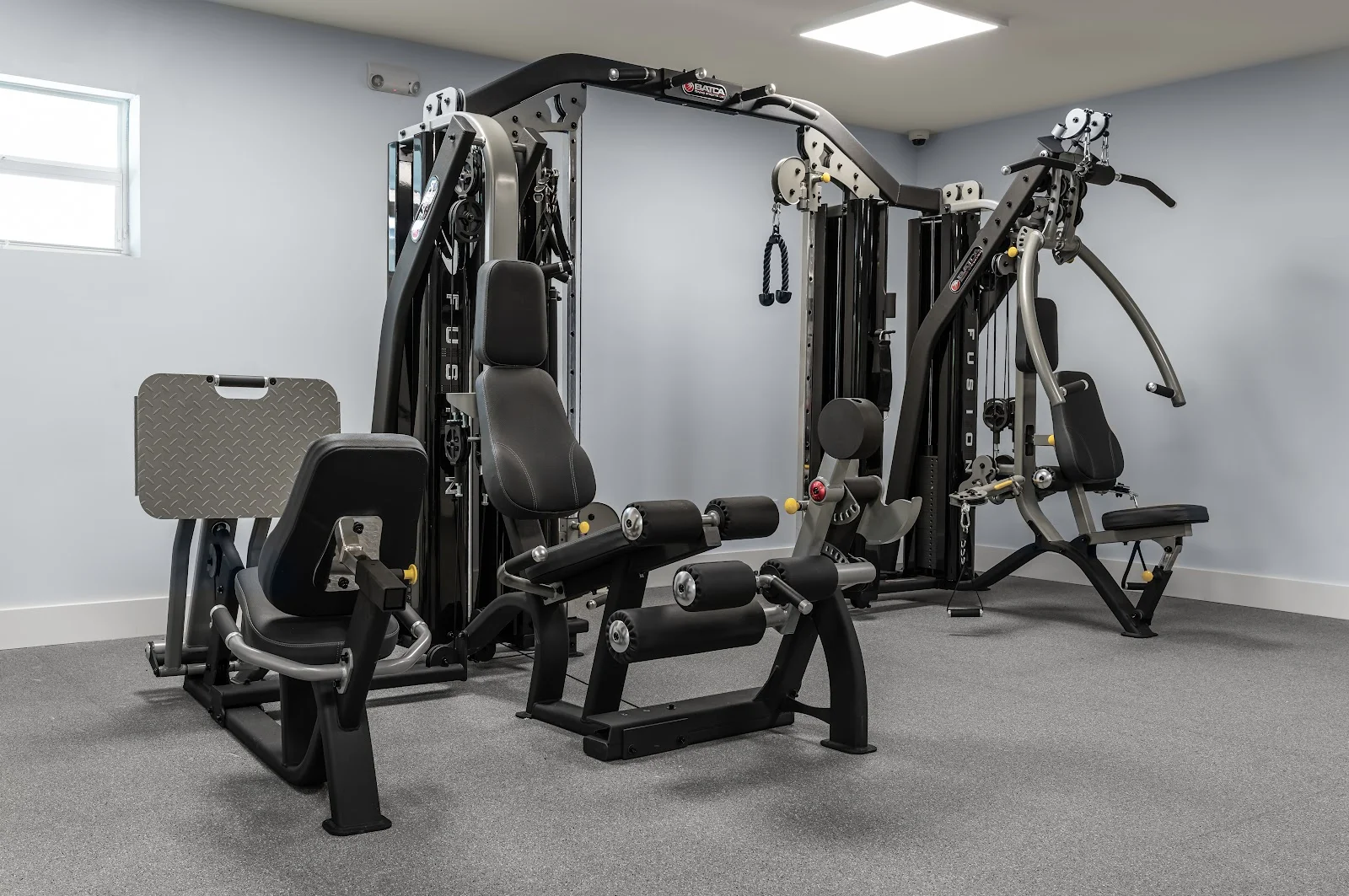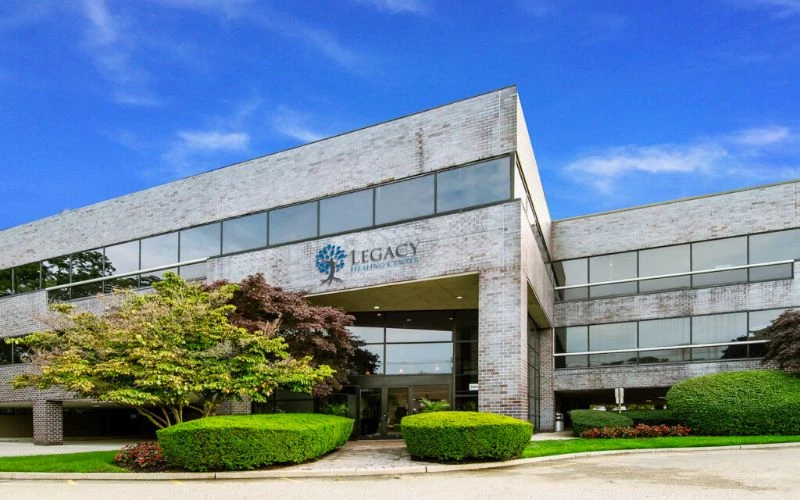Legacy Healing Center, located in Margate, Florida, offers young adults, men, and women access to mental health treatment and drug recovery services. Care is provided in an outpatient setting and is designed to help those living with a co-occurring disorder or a drug or alcohol addiction. For those needing more robust care, referrals can be made to nearby inpatient recovery facilities.
This facility provides individuals the opportunity to connect with peers facing similar struggles while managing their own recovery from mental health issues or substance use disorders. Legacy Healing Center allows all individuals the opportunity to navigate recovery in a positive and uplifting environment. Through the outpatient and intensive outpatient programs, clients receive comprehensive and specialized care to help them with their recovery journey.
With both the drug and alcohol rehab department and the mental health programs, care is tailored to the unique needs of individuals. The experienced team of addiction and mental health specialists works closely with each client to develop a treatment plan that meets their unique needs, recognizing that addiction treatment is not one-size-fits-all.
Legacy Healing Center is accredited by the Joint Commission, ensuring high standards of care and commitment to continuous improvement in treatment services. Their dedicated team strives to offer the best possible support to individuals seeking a path to lasting recovery.



















